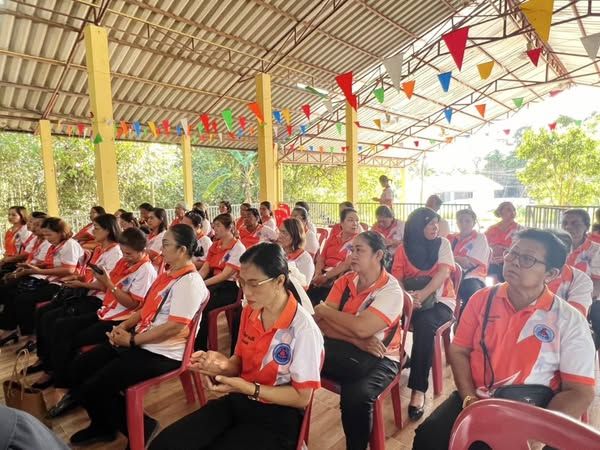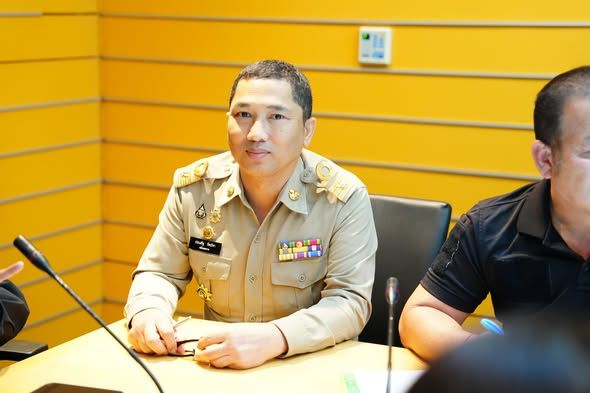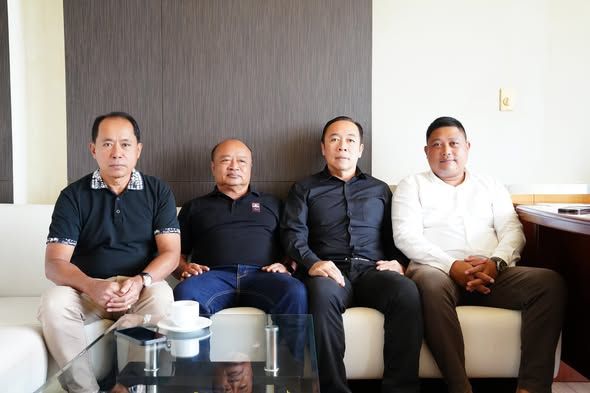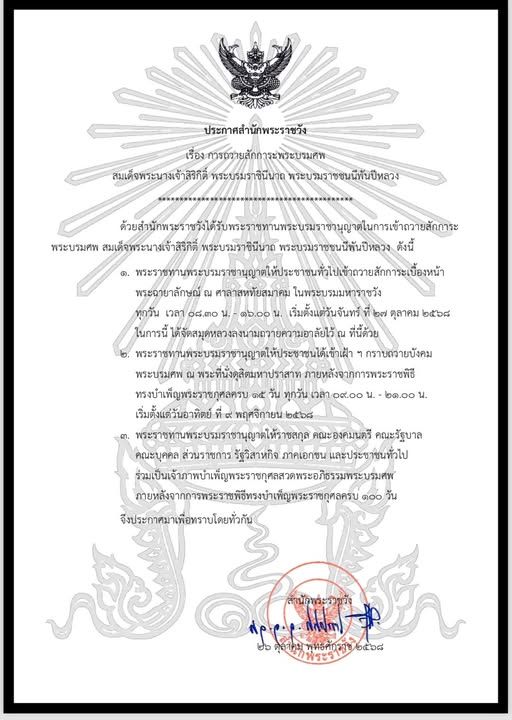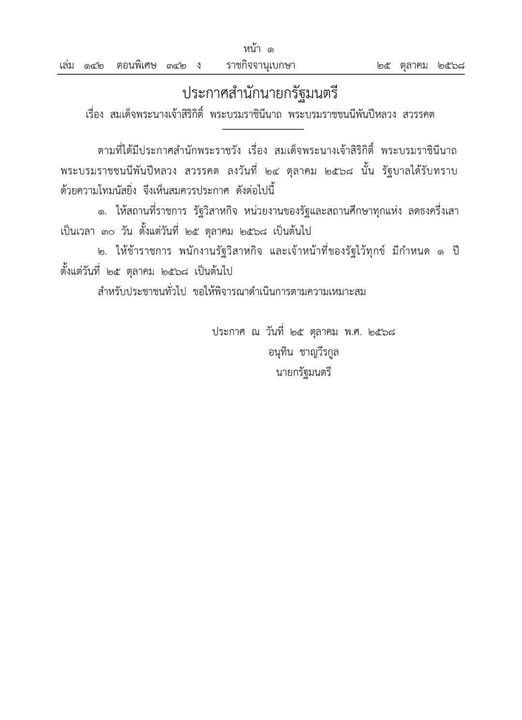Koh Samui’s Maret Subdistrict has launched a vital Diabetes and Hypertension Screening Project, offering free health checks and education to residents aged 35+ in villages 1, 2, and 5. This initiative empowers the community to embrace healthier lifestyles and build a stronger future together!
KohSamui #MaretDistrict #HealthScreening #CommunityHealth #ThailandHealth #DiabetesAwareness #HypertensionPrevention #HealthyLiving #Samui #IslandLife #TravelThailand #WellnessJourney #ThaiTourism #CommunityCare #PublicHealth
Overview of the Initiative
The Koh Samui Municipality Health Security Fund has initiated a comprehensive health screening project aimed at addressing diabetes and hypertension within the Maret Subdistrict, specifically targeting villages 1, 2, and 5. This project, scheduled for the 2025 fiscal year, was officially launched on August 26, 2025, at the Khao Noi Learning Promotion Center in Koh Samui District, Surat Thani Province.
Objectives of the Project
- To provide diabetes and hypertension screenings for Village Health Volunteers and community members aged 35 years and above.
- To identify individuals and groups at risk for developing diabetes and hypertension.
- To offer education and guidance on self-care methods to prevent the onset of these diseases.
- To detect new cases of diabetes and hypertension and ensure timely referral for medical treatment.
- To facilitate behavioral changes among at-risk groups to reduce the incidence and complications associated with these conditions.
Target Population
The project specifically focuses on working-age individuals, with an emphasis on those 35 years and older. Village Health Volunteers play a pivotal role in the outreach efforts, serving as community liaisons to encourage participation and disseminate health information.
Activities and Screening Process
- Participants undergo health assessments that include blood glucose and blood pressure measurements.
- Health education sessions are conducted, covering risk factors, lifestyle modifications, and the importance of regular monitoring.
- Identified at-risk individuals receive personalized advice on dietary choices, physical activity, and medication adherence if necessary.
- Newly diagnosed patients are promptly referred to appropriate healthcare services for further management and follow-up.
Outcomes and Impact
The project has achieved a high rate of screening coverage, with all at-risk and patient groups in the target villages undergoing the necessary health checks. As a result, participants are empowered to make informed decisions regarding their health and take proactive steps to adjust their behaviors, contributing to a 100% rate of appropriate health behavior modification among screened individuals.
Collaboration and Community Engagement
The launch event brought together lecturers, the Health Security Fund committee, and relevant officials, underlining the importance of multi-sectoral collaboration in public health initiatives. This collective approach enhances the effectiveness of the project and ensures sustained health benefits within the communities of Maret Subdistrict.
Broader Health Significance
The proactive identification and management of diabetes and hypertension align with national and global health priorities, reducing the burden of chronic non-communicable diseases and preventing long-term complications such as heart disease, stroke, and kidney failure. The systematic approach adopted by Koh Samui Municipality serves as a model for other communities aiming to strengthen primary healthcare and disease prevention at the grassroots level.
Frequently Asked Questions
Frequently Asked Questions (FAQ)
Who can participate in the Diabetes and Hypertension Screening Project in Maret Subdistrict?
The project is open to residents of Koh Samui’s Maret Subdistrict, specifically those aged 35 years and older, including Village Health Volunteers in villages 1, 2, and 5.
What does the screening process include, and what support is provided to participants?
Participants receive health assessments such as blood glucose and blood pressure checks. They also attend health education sessions about risk factors, lifestyle changes, and disease prevention, as well as receive personalized advice on diet and exercise. Newly diagnosed individuals are promptly referred to healthcare services for further management.
How does this initiative benefit the community and contribute to broader health goals?
The project empowers community members to make healthier choices, achieving 100% health behavior modification among screened individuals. It also helps reduce the risk and complications of chronic diseases, aligning with national and global efforts to prevent conditions like heart disease, stroke, and kidney failure through proactive community-based care.
